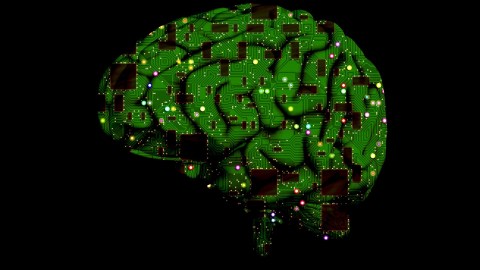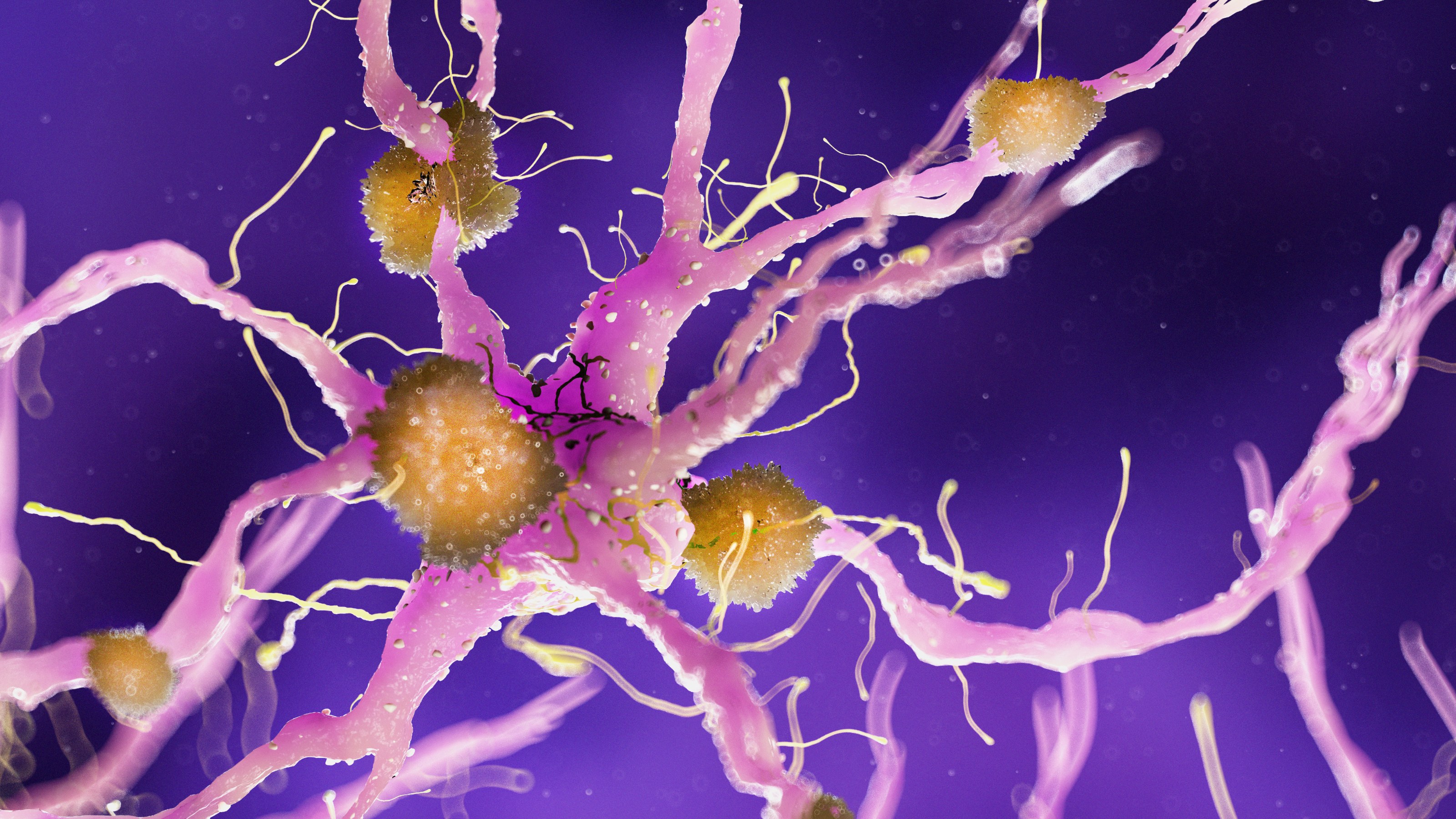Alzheimer’s disease: Scientists restore memory in mice through epigenetic treatment

Image: Pixabay
- A new study on mice with Alzheimer’s disease claims to have identified the key epigenetic factor that leads to memory loss from Alzheimer’s disease.
- Using a drug treatment that blocked a particular set of enzymes, the scientists were able to restore memory functions in mice.
- Epigenetics is a relatively new field, but its treatments could someday change the way we treat disease.
In a new and potentially groundbreaking study, scientists used an epigenetic approach to identify the cause of and reverse memory loss in mice with Alzheimer’s disease, a success that could lead to treatments designed to preserve memory functions in humans.
Alzheimer’s disease (AD) emerges from both genetic and environmental factors, though the exact processes that cause the disease remain, mostly, a mystery. Still, it’s clear that aging leads to epigenetic changes that contribute to the disease’s development. (Epigenetics, which literally means “on top of” genetics, is the study of gene expression, or changes in gene activity that are not caused by changes in the DNA sequence. You can read more about it here.)
“In this paper, we have not only identified the epigenetic factors that contribute to the memory loss, we also found ways to temporarily reverse them in an animal model of AD,” senior author Zhen Yan, PhD, a SUNY Distinguished Professor in the Department of Physiology and Biophysics in the Jacobs School of Medicine and Biomedical Sciences at the University of Buffalo, told UB Today.
What’s the source of those epigenetic changes that lead to memory loss? The scientists say it’s the loss of glutamate receptors, which are crucial to short-term memory in the brain.
“We found that in Alzheimer’s disease, many subunits of glutamate receptors in the frontal cortex are downregulated, disrupting the excitatory signals, which impairs working memory,” Yan said.
The study, which examined mice carrying gene mutations for familial Alzheimer’s disease (defined as such when more than one member of a family has the disease), as well as post-mortem brain tissue from humans who suffered from Alzheimer’s, showed that a process known as repressive histone modification seems to result in the loss of glutamate receptors.
Yan told UB Today that histone modifiers change the structure of chromatin, a genetic material composed of DNA and proteins that controls how genetic material gains access to a cell’s transcriptional machinery.
“This AD-linked abnormal histone modification is what represses gene expression, diminishing glutamate receptors, which leads to loss of synaptic function and memory deficits,” Yan said.
Treatments restore glutamate receptors in mice
The scientists knew that specific enzymes control this histone modification process, so they decided to inject mice with compounds that would inhibit these enzymes in hopes that it would stop the repressive process, and lead to the restoration of glutamate receptors—and, therefore, the restoration of memory.
“When we gave the AD animals this enzyme inhibitor, we saw the rescue of cognitive function confirmed through evaluations of recognition memory, spatial memory and working memory. We were quite surprised to see such dramatic cognitive improvement,” Yan said, adding elsewhere that the improvements lasted for about one week. “At the same time, we saw the recovery of glutamate receptor expression and function in the frontal cortex.”
The success highlights the link between epigenetic factors and the development of AD, as several otherstudies have done in the past.
“Our study not only reveals the correlation between epigenetic changes and AD, we also found we can correct the cognitive dysfunction by targeting the epigenetic enzymes to restore glutamate receptors,” Yan said.
Why epigenetic treatments are important in the study of disease
As a relatively new field, epigenetics research has mostly been limited to animals and it’s still unclear how useful it might someday be in disease treatments for humans. But it shows promise. If scientists can learn more about the epigenetic factors (such as famine, drinking, smoking and diet) that lead to diseases like cancer, they might be able to develop treatments that stop those critical changes in their tracks.
What’s more, epigenetic approaches would be advantageous because epigenetic processes control many genes at once, and not just one, as Yan said:
“An epigenetic approach can correct a network of genes, which will collectively restore cells to their normal state and restore the complex brain function,” she explained. “We have provided evidence showing that abnormal epigenetic regulation of glutamate receptor expression and function did contribute to cognitive decline in Alzheimer’s disease … If many of the dysregulated genes in AD are normalized by targeting specific epigenetic enzymes, it will be possible to restore cognitive function and behavior.”





